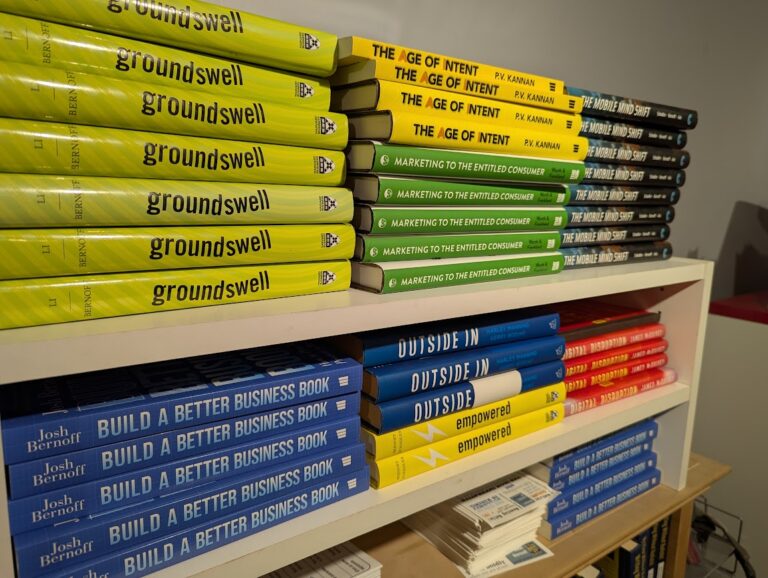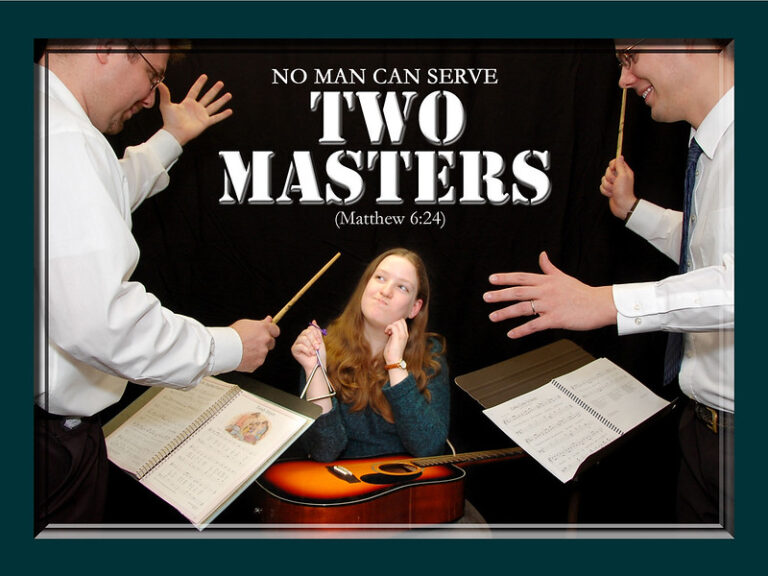Collaborative writing, or, the public colonoscopy
I did it again. I joined a collaborative writing project in a controversial space with a bunch of volunteer collaborators who are also writers and editors. It’s sort of like having a colonoscopy with a whole bunch of other people looking on, critiquing what they see, and making “helpful” suggestions. Ew. What was I thinking?…








